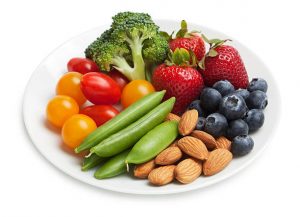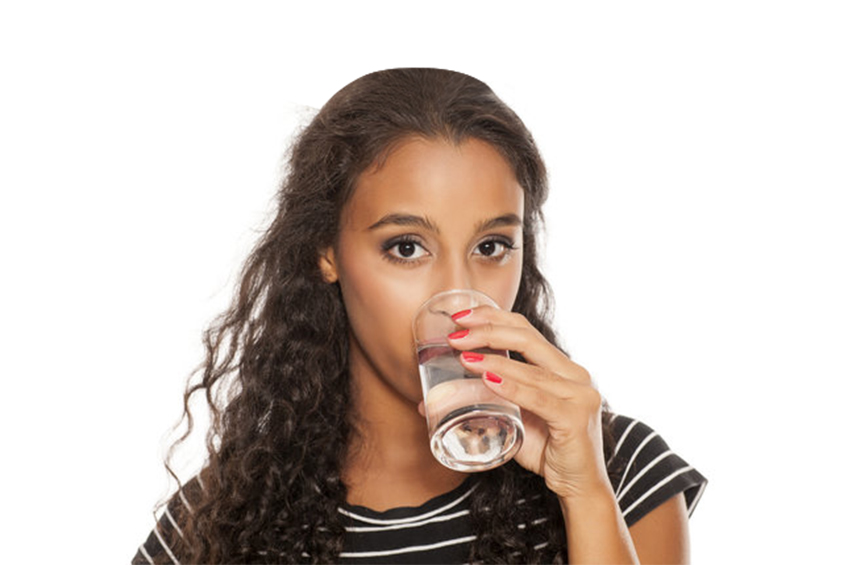We live in a society where social stigma lurks around and hushes up any discussion that pertains to intimate body parts. But the world over, practically everything is openly debated and understood. Records say that medical conditions and doubts about health account for a sizeable portion of searches on Google. That way, the internet is a blessing for all those with questions that they are not comfortable discussing.
Vaginal health is one such area that women generally overlook or don’t feel good talking about. Trust us, you will change your perspective after reading this article.
The Science Of It All
Vagina refers to the elastic, muscular canal with a soft, flexible lining that is inside the body. The vulva refers to the part of the genital area that is outside the body, that includes the labia (inner and outer vaginal lips), clitoris, pubic mound, vaginal opening, opening to the urethra and the perineum (the space between the vagina and the anus).
A healthy vagina has an ecology of bacteria (“good” bacteria) that help it maintain the ideal slightly acidic pH (3.5 to 4.5). At this pH, “bad” bacteria that cause infections cannot thrive. Washing inside or douching the vagina can disrupt this natural balance, resulting in irritation and infection (bacterial vaginos is or yeast infection).
Thus, it all boils down to women maintaining a pH level of 4 for good vulvovaginal health. The Burnet Institute of Melbourne says, “it is important to have a stable vaginal microbiome for women’s health, which is mainly dominated by favorable lactobacillus”.
Lactobacilli are the most abundant vaginal bacteria in women. They are good bacteria that maintain normal pH4 level in the vaginal area. Any disturbance in this level causes infection and inflammation leading to itching, irritation and abnormal discharge.
To make things relatively simpler, here are a couple of things you can do.
Wear Breathable Material
Retention of moisture attracts infection in the vaginal area. Cotton dries off moisture efficiently and hence is the recommendation. So though there are numerous options, from fancy and costly to cozy and fitting available, check if the material is cotton.
Change Underwear Daily
If twice a day is too much, daily is mandatory. Cleanliness is a non-negotiable rule here. However, go “underwear-free” while sleeping. It gives the place breathing space.
Wash Underwear With Gentle Detergent
The vulvovaginal area is sensitive and can react adversely to harsh detergents. This in turn leads to irritation and infection. While you may be wondering about what could be wrong with your health, it could be as simple as switching to a mild detergent.
Make These Part of Your Regular Diet
What you eat affects your vaginal health too.
- lemons are good for maintaining optimum pH level,
- probiotics like yogurt multiply good bacteria,
- sweet potato boosts tissue strength and is good for the vaginal wall,
- broccoli rich in flavonoid kaempferol and carrot rich in flavonoid luteolin can decrease the risk of ovarian cancer by 40% and 34% respectively,
- vitamin C in citrus fruits and strawberries boost immunity and keep infections away,
- vitamin E in nuts provides hydration and prevents dryness,
- flax seeds packed with phytoestrogens restore estrogen level.
Now with that variety, there’s no excuse for not eating right.

Drink Water
The vagina is capable of cleaning itself. Just remember to drink at least eight glasses of water a day to help the process. Bored of hearing that? Well, it’s better heard twice than never, because water is the most affordable cleanser.
Re-Think Your Vaginal Wash
The vagina is a self-cleaning organ. However, cleaning the vulva should be part of the daily hygiene routine. Warm water is ideal to adequately clean the vulva. Normal soaps are alkaline (pH>8) and may contain harsh chemicals. They disturb the delicate pH balance and lead to infection and itching. Use a mild pH-balanced vaginal wash that has lactic acid. Lactic acid restores pH level and promotes the growth of lactobacilli. The addition of lactoserum in the vaginal wash helps retain moisture of the perineum and prolongs the action of lactic acid.
These are six basic points on vaginal hygiene that promise to promote vaginal health. So, we encourage you to get started with these.
Influencers and celebrities have recently been coming forward to talk about vaginal health and hygiene. It’s now your responsibility to take charge of your intimate self, simply because … it’s intimately you.

